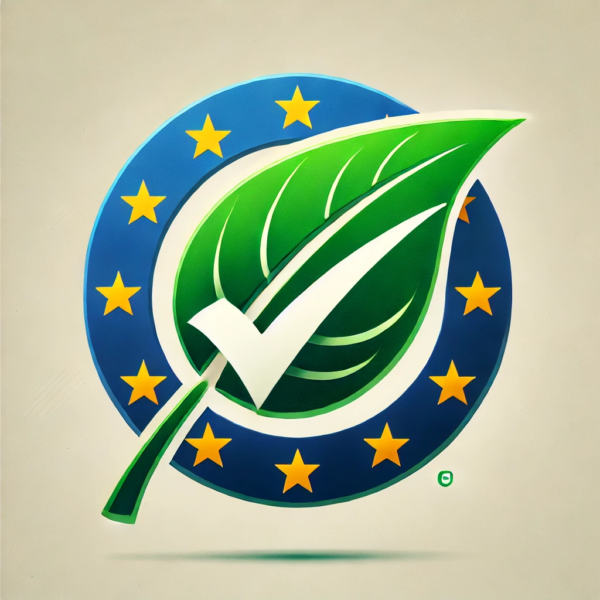
Shift Towards Genuine Sustainability
In recent years, the EU has been at the forefront of environmental legislation, pushing for sustainable practices across its member states. One of the latest developments is the introduction of regulations aimed at combating greenwashing—a practice where companies falsely advertise their products or services as environmentally friendly. This new regulation represents a significant step toward greater corporate transparency and accountability in environmental matters.
Understanding Greenwashing
Greenwashing is a deceptive marketing strategy that exaggerates or fabricates the environmental benefits of a product, service, or company. It misleads consumers who are increasingly concerned about sustainability and are willing to support businesses that align with their values. Greenwashing not only undermines consumer trust but also hampers genuine efforts toward sustainability by creating a market where misleading claims can thrive.
Greenwashing Regulation: Key Features
Clear Definitions and Standards
The regulation establishes clear definitions of what constitutes greenwashing, including specific criteria that claims must meet to be considered truthful and non-misleading. This helps in creating a common understanding and standard across all member states.
Transparency Requirements
Companies must provide transparent, verifiable, and science-based information to substantiate their environmental claims. This includes clear communication of the methodologies used to assess environmental impact, making it easier for regulators and consumers to scrutinize these claims.
Third-Party Verification
To ensure the credibility of environmental claims, the regulation encourages or mandates third-party verification. This independent oversight helps prevent companies from making unverifiable claims and promotes higher standards of environmental reporting.
Penalties and Enforcement
The regulation introduces penalties for companies found guilty of greenwashing. These can range from fines to more severe sanctions, depending on the nature and extent of the violation. This enforcement mechanism serves as a deterrent, encouraging companies to adopt more genuine and transparent environmental practices.
Impact on Companies
The introduction of the EU’s greenwashing regulation is poised to have a profound impact on companies operating within the EU, and even beyond, given the global nature of many businesses. Here are some potential implications:
- Increased Compliance Costs: Companies will need to invest in ensuring their environmental claims are accurate and verifiable. This may involve additional costs for data collection, reporting, and third-party verification.
- Reputational Risks: With stricter regulations and enforcement, companies face higher reputational risks if found guilty of greenwashing. The damage to brand reputation can be significant, leading to loss of consumer trust and potential boycotts.
- Shift Towards Genuine Sustainability: The regulation encourages a shift towards genuine sustainability practices. Companies may find it more beneficial to invest in real environmental improvements rather than risk penalties and reputational damage from false claims.
- Competitive Advantage: Businesses that genuinely adhere to sustainable practices and transparently communicate these efforts may gain a competitive advantage. As consumers become more informed and discerning, they are likely to favor companies that demonstrate authentic commitment to environmental stewardship.
- Global Ripple Effects: While the regulation directly affects companies in the EU, its influence is likely to extend globally. Multinational companies, in particular, may adopt these standards across all markets to maintain consistency and avoid the complexities of varying regional regulations.
Conclusion
The EU’s greenwashing regulation marks a significant step towards more transparent and truthful environmental marketing practices. For companies, this regulation presents both a challenge and an opportunity. It challenges businesses to re-examine their environmental claims and practices, ensuring they are backed by real actions and data. At the same time, it offers an opportunity to build stronger, more authentic relationships with consumers and stakeholders, fostering a market environment where genuine sustainability is not just a selling point but a standard.
As the world moves towards a more sustainable future, regulations like these are crucial in ensuring that progress is real and that consumers can make informed choices. For companies, embracing these changes is not just about compliance; it’s about being part of a larger movement towards a healthier planet.